WORDS FROM OUR FOUNDERS
BREAK DOWN STEREOTYPES
« GLEAN IMAGES, TELL STORIES AND BREAK DOWN STEREOTYPES. WORK ON MEMORY AND CHOOSE AN ESSENTIAL FLASHBACK. INTERROGATE HISTORICAL ARCHIVES. TAKE HOLD OF OUR INTIMATE NARRATIVES. THE NON-ALIGNED FILMMAKERS’ COLLECTIVE WAS BORN OUT OF QUESTIONS ABOUT THE KIND OF CINEMA WE PRACTICE, WHEN WE’RE MIRED IN COLONIAL HISTORY. DENOUNCE AND POSITION OURSELVES AT THE SAME TIME » R.B.E
DARING AND ENGAGED
“TOGETHER, WE ARE BUILDING A SPACE OF SOLIDARITY, EMANCIPATION AND TRANSMISSION FOR A CINEMA THAT IS FREE, DARING AND ENGAGED AGAINST STEREOTYPES AND DISCRIMINATION.
WHEN CINEMA SEWS UP SOULS AND REINVENTS GENDER WITH THE NON-ALIGNED FILMMAKERS’ COLLECTIVE, THE NON-ALIGNED FILMMAKERS’ CAMERA TAKES THE PLACE OF A BRUSH TO REDRAW THE CONTOURS OF FEMININITY AND SOCIAL STRUGGLES. IN MY FILMMAKING PRACTICE: HEALING CINEMA, “TO CREATE IS TO HEAL AND THINK AT THE SAME TIME. » P.O
RAHMA BENHAMOU EL MADANI

French-Moroccan producer and director, was born in Algeria and grew up in the Bordeaux region. With a degree in language sciences, literature, and cinema, she signs her works under the name Rahma Benhamou El Madani. In 1996, she founded her own production company, Plein Cadres, in France and in 2019 in Morocco. She has directed numerous documentary films and short fiction films. Her musical documentary, Tagnawittude, released in 2012, has been screened at numerous international festivals. In 2022, she released a short fiction film, Alone, inked in the ground , adapted from her book of the same name. She tackles the theme of neighborhood in a very intimate way to address the Algerian-Moroccan conflict in her documentary The salt pact. She also distinguished herself in projects based on the work of Kateb Yacine in Universe of Kateb, then in her film The People , which will be released in 2025. She is developing her first feature film, Meilicheng, the good life, exploring the themes of emigration and exile.
PASCALE OBOLO
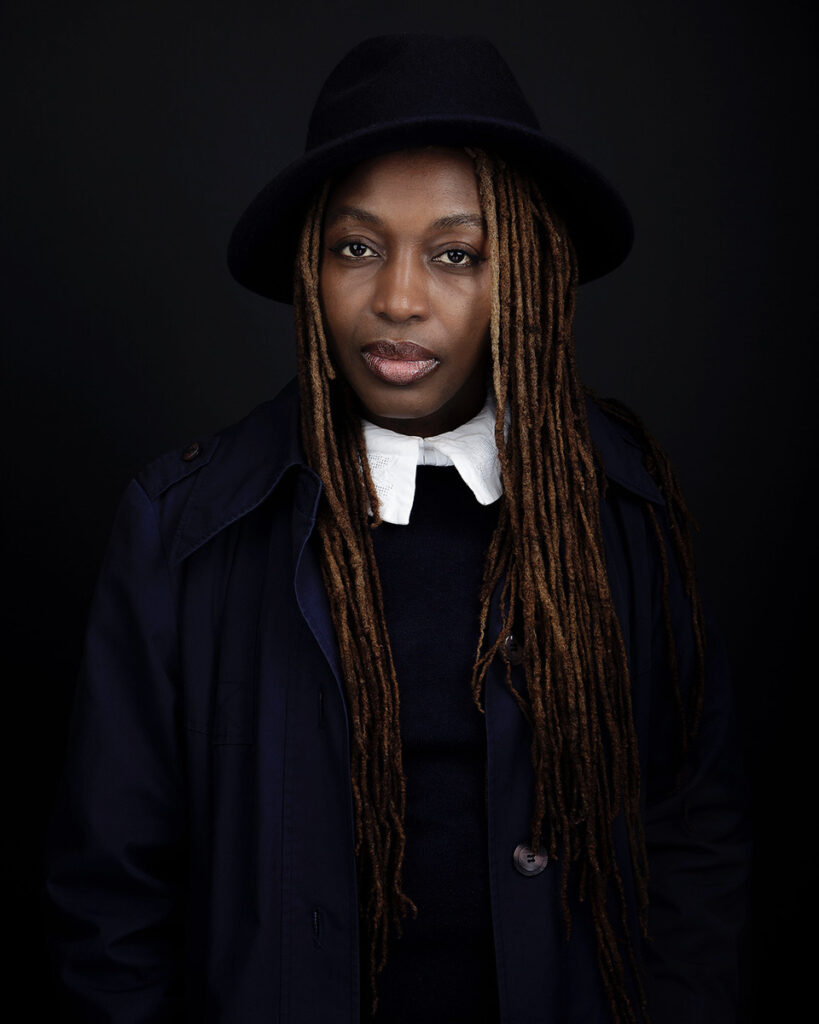
filmmaker-researcher, independent curator, and editor of Afrikadaa magazine, questions archives through the construction of historical narratives from a decolonial perspective, exploring practices of knowledge transmission and pedagogy in art and activist circles. In her curatorial practice, she studies strategies of resistance, geographies of affection, and ecologies of care, highlighting invisible narratives. A member of the Non-Aligned Filmmakers, many of her films have won awards, including Calypso Rose: The Lioness of the Jungle at FESPACO in 2013. She is co-director of MissRead and director of the African Art Book Fair. In 2023, she was named one of the 100 most influential women in culture in France.
DALILA ENNADRE
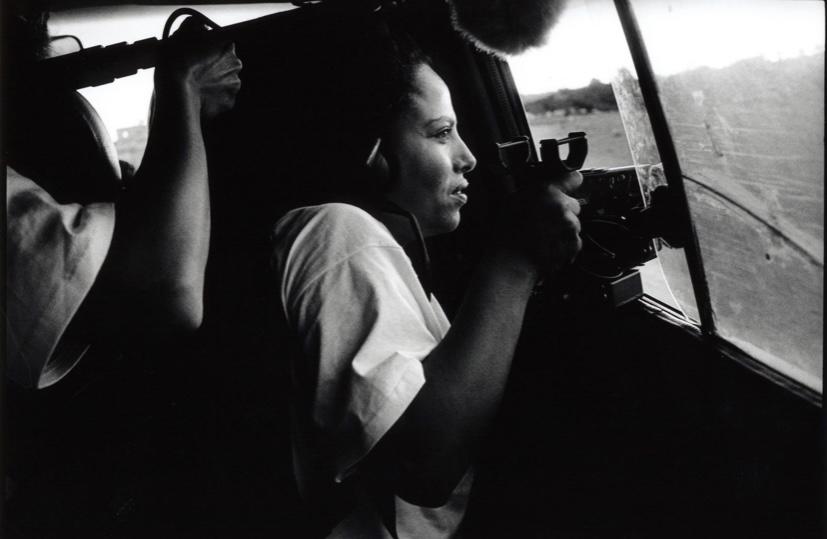
Filmmaker (1966-2020)
Dalila Ennadre was born in Casablanca in 1966. After growing up in Paris from 1985 to 1996, she lived successively in French Guiana, Germany, Morocco, and Canada.
Self-taught, she made several documentary films on subjects related to Moroccan society. Her films won awards at documentary film festivals around the world. She was a producer at Laya Prod until her death following a long illness during the editing of her last film in May 2020.
LATIFA SAÏD
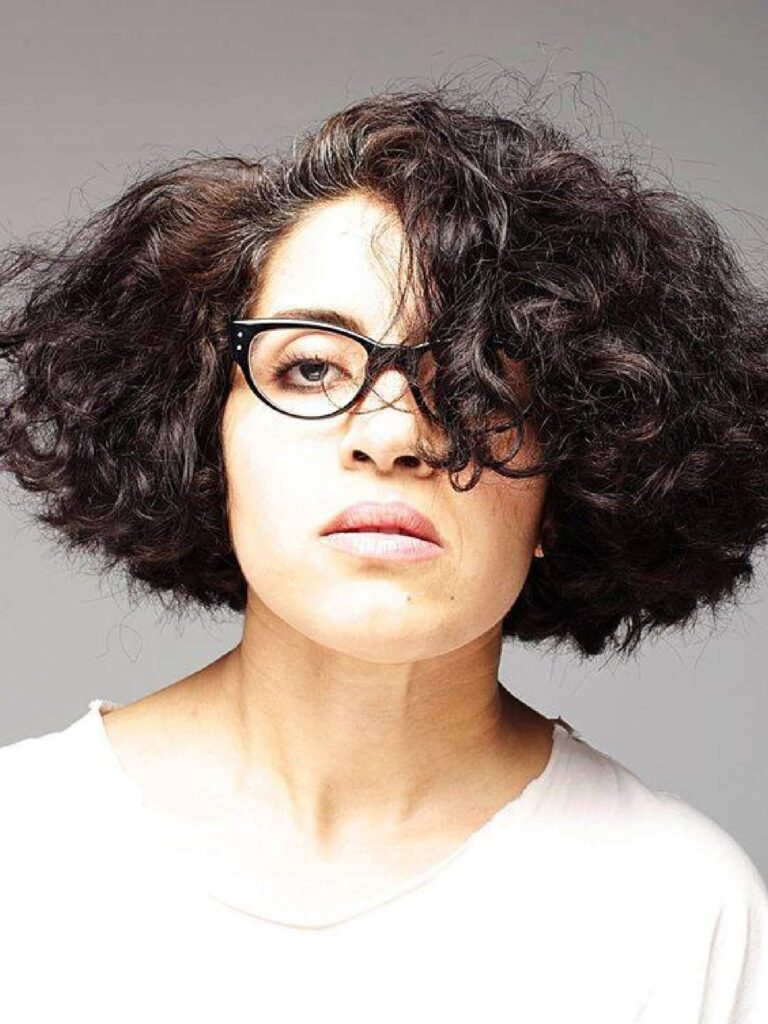
After winning first prize for screenwriting at the SIRAR Competition at the Aubagne International Film Festival, Latifa SAID directed Jours Intranquilles. Produced by GREC in 2016, the film was selected for around 20 festivals and won several awards. She then directed Terrain Vague, shot in 35mm, which was selected for over 100 festivals in 40 countries and won around 20 awards. In 2018, she completed Tahiti, her first documentary in Algeria, and in 2019, she directed her third short fiction film, La Chambre, which won awards at numerous festivals and was broadcast on Netflix. In 2021, she directed Toutes les Nuits, which won numerous awards and was produced by FILMO2, then developed her first feature film, Fils de Personne, produced by IN VIVO Films. In 2024, she was selected to be part of Berlinale Talents.
PATRICIA MENJURA

is a Colombian visual anthropologist with a Master’s degree in Cultural and Creative Industries from Paris VIII University. In 2014, she created the audiovisual festival “Arrecheras heterodisidentes,” dedicated to dissident genders and sexualities. A jury member at festivals such as Icaro in Guatemala, she has also been a programmer of Latin American auteur cinema in Colombia, Chile, and France. She participates in the dissemination of Latin American and feminist cinema at film festivals such as Cannes and the Berlinale, in the form of podcasts and television programs. She is currently interested in exploring new audiovisual languages of non-fiction in the Global South (real or imaginary territories of liberation). Finally, she is in charge of the Structures Sonores Baschet association, where she explores sound creation and experimentation.
JEANNE ROMANA
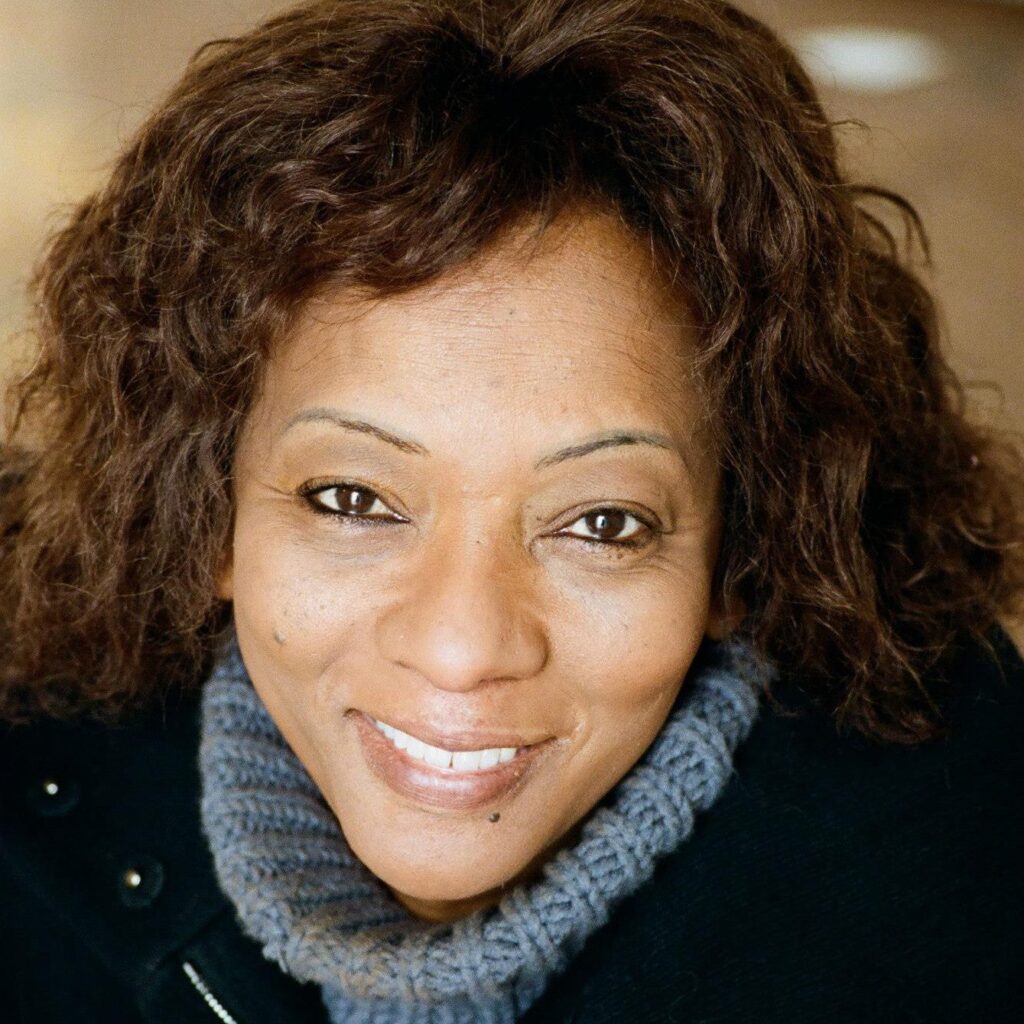
is a French writer and filmmaker. Her notable works include the short film “Ça fait peur aux oiseaux” (2013) and the documentary “Dégage !” (2019) about the Hirak movement in Algeria. In 2020, she received logistical support from the Institut français in Pointe-Noire, Congo, for her project “Origines.” Her film “Le Saturnisme” (2005) was praised for its allegorical approach to public health. She has won several awards, including third prize at the New-Art Festival in 2006 for her work “Yann,” as well as a mention at the opening of the Pan-African Film Festival in Cannes the same year. In 2014, her short film was awarded the Prize for Poetic Expression at the CINAMAT festival and the Prize for Original Music at the Cœur de Vidéo festival in Bourges. In addition to her cinematographic work, Jeanne Romana is a prolific author, having published several novels, including “Nanon et moi, le Chevalier de Saint George” (2010), “Du côté d’Haïti” (2000), and “Matthes et Yonide, deux enfants d’Haïti” (2001), a children’s book.
KHEDIJA LEMKECHER
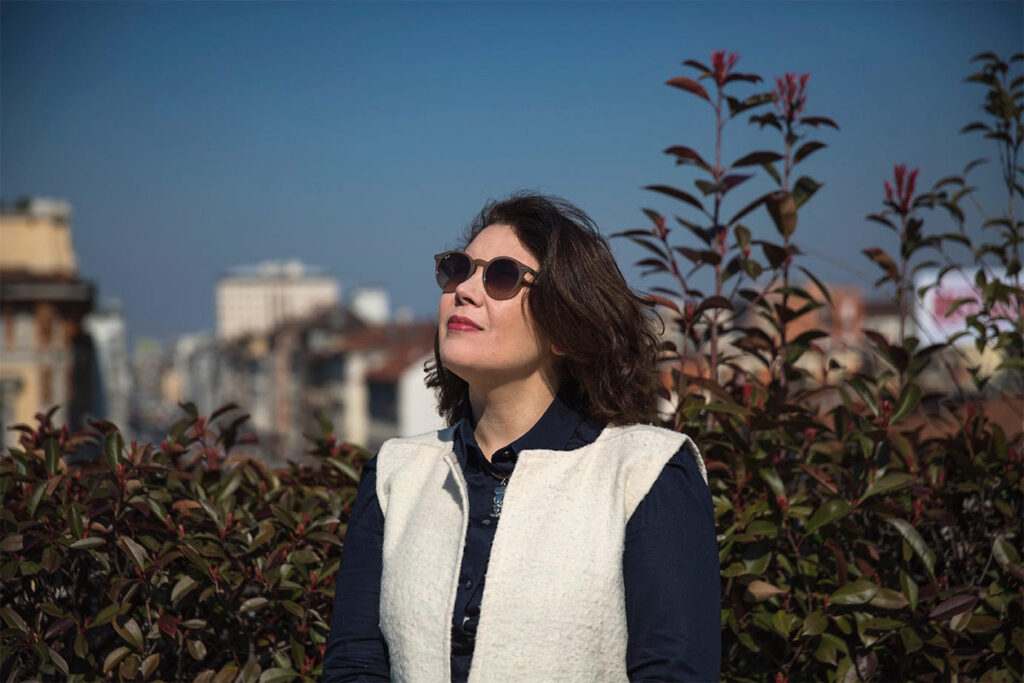
Author and director, Khedija LEMKECHER began her career directing documentaries and fiction films. She also works as a producer and produced the feature film “Bab El Fella – Le Cinémonde.” Her latest short fiction films, “La nuit de la lune aveugle” and “Bolbol,” have been selected and awarded at several international festivals. She has just finished her first feature film, “Belles de nuit.” Her second feature film project in development, “Un huitième,” won the development grant at CINEMED, the Céci residency award at Moulin d’Andé, and the post-production award. It has also been selected for the Séquence 7 residency at the Château du Tertre and the Fabbrica del Arté residency in Corsica.
HALIDA BOUGHRIET
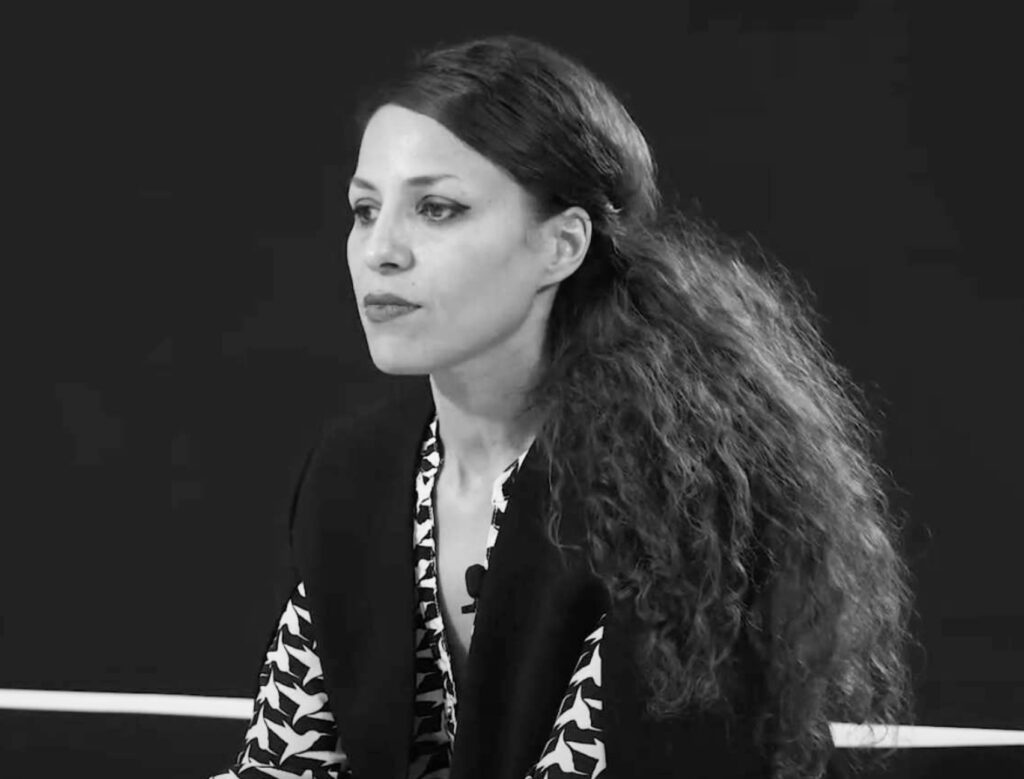
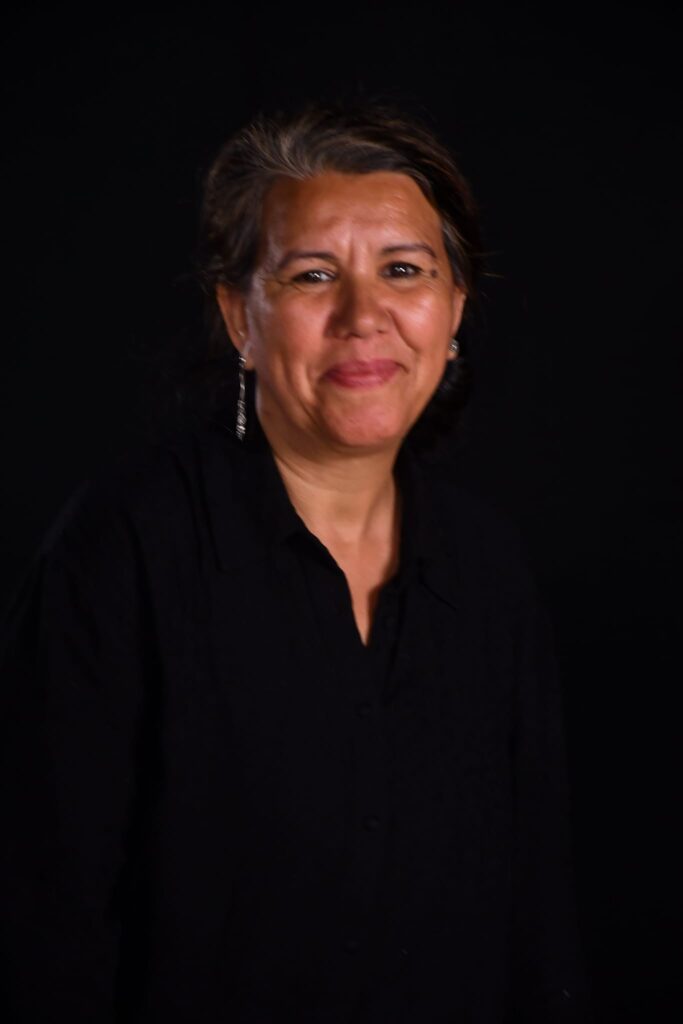
EL MADANI


CINEASTES NON ALIGNÉES
The Cinéastes Non-Alignées, a collective of female filmmakers, defend a free cinema in its tone, subjects, forms, and aesthetics.
We defend independent cinema that does not always benefit from the financing and support systems of the mainstream economy and the film industry. But it is a cinema that is evolving, crossing borders, opening up because it comes from a pluralistic French culture, also rooted in the multiple diasporas of Africa, the Caribbean, Europe, Asia, and South America, which are themselves pluralistic, and we hope that many will join us.
We demand real diversity in French cinema and in world cinema, because we are deeply attached to other stories, other voices, other images.
This independence will be strengthened by solidarity and a determination to defend this way of making films, which we believe is vital for women filmmakers around the world today, and in France in particular.
We do not want to be classified according to themes or linked solely to continents: African cinema, racialized filmmakers, suburban cinema, Third World cinema, viewed as second-class cinema or underdeveloped cinema.
We are the third world, neither below nor underdeveloped, demanding a cinema that is entirely our own, which obeys neither consensus, discourse, nor system, but which offers a perspective, a reflection on our world, a cinema that takes its time.
Without unity and solidarity among women, our struggle is futile. We see cinema as a means of resistance and emancipation for women. We are working to ensure that our cinema finds a wide audience. This is crucial, because our economic independence is at stake. Together, anything is possible. Unity is strength.
We want to give visibility to independent films that are rarely seen through screening, distribution, and production. We are carrying out several initiatives with the aim of creating a reflection on the role and place of women in the film industry.
MEMBERS
